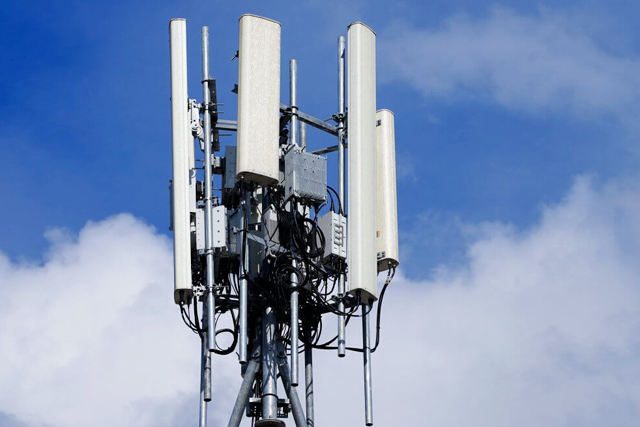A backup power supply for communication base stations is crucial for ensuring uninterrupted communication services, especially during power outages or emergencies. The characteristics of an effective backup power supply for communication base stations typically include:
- Reliability: The backup power supply must be reliable and capable of providing continuous power for an extended period, often several hours or even days. This reliability ensures that the base station remains operational during power outages or other emergencies.
- Scalability: The backup power supply should be scalable to accommodate the power requirements of the communication base station. This scalability ensures that the backup power supply can handle the load during peak usage periods.
- Fast Activation: The backup power supply should be capable of activating quickly to ensure seamless transition during power outages. This fast activation minimizes downtime and ensures uninterrupted communication services.
- Remote Monitoring and Management: The backup power supply should be equipped with remote monitoring and management capabilities. This allows operators to monitor the status of the backup power supply remotely and take necessary actions, such as initiating maintenance or troubleshooting, without needing to be physically present at the site.
- Energy Efficiency: The backup power supply should be energy-efficient to minimize operational costs and reduce environmental impact. Energy-efficient backup power supplies can help reduce the overall carbon footprint of communication base stations.
- Compatibility: The backup power supply should be compatible with the communication base station’s existing infrastructure and power requirements. Compatibility ensures that the backup power supply integrates seamlessly with the base station and can be easily deployed without requiring significant modifications to the existing setup.
- Redundancy: The backup power supply should have redundancy built-in to ensure reliability. Redundancy can include multiple power sources, such as batteries and generators, to provide backup power in case one source fails.
- Safety and Compliance: The backup power supply should comply with safety standards and regulations to ensure the safety of personnel and equipment. Compliance with safety standards also helps prevent accidents and ensures the proper functioning of the backup power supply.
- Cost-effectiveness: The backup power supply should be cost-effective to minimize the total cost of ownership. This includes considering the initial purchase cost, maintenance costs, and operational costs over the lifespan of the backup power supply.
- Ease of Maintenance: The backup power supply should be easy to maintain to minimize downtime and ensure continuous operation. This includes features such as easily replaceable components and remote monitoring capabilities.
- Environmental Considerations: The backup power supply should be environmentally friendly, with low emissions and minimal impact on the surrounding environment. This includes using eco-friendly materials and technologies in the construction of the backup power supply.
By considering these characteristics, communication base station operators can select a backup power supply that meets their specific requirements and ensures uninterrupted communication services during power outages or emergencies.


